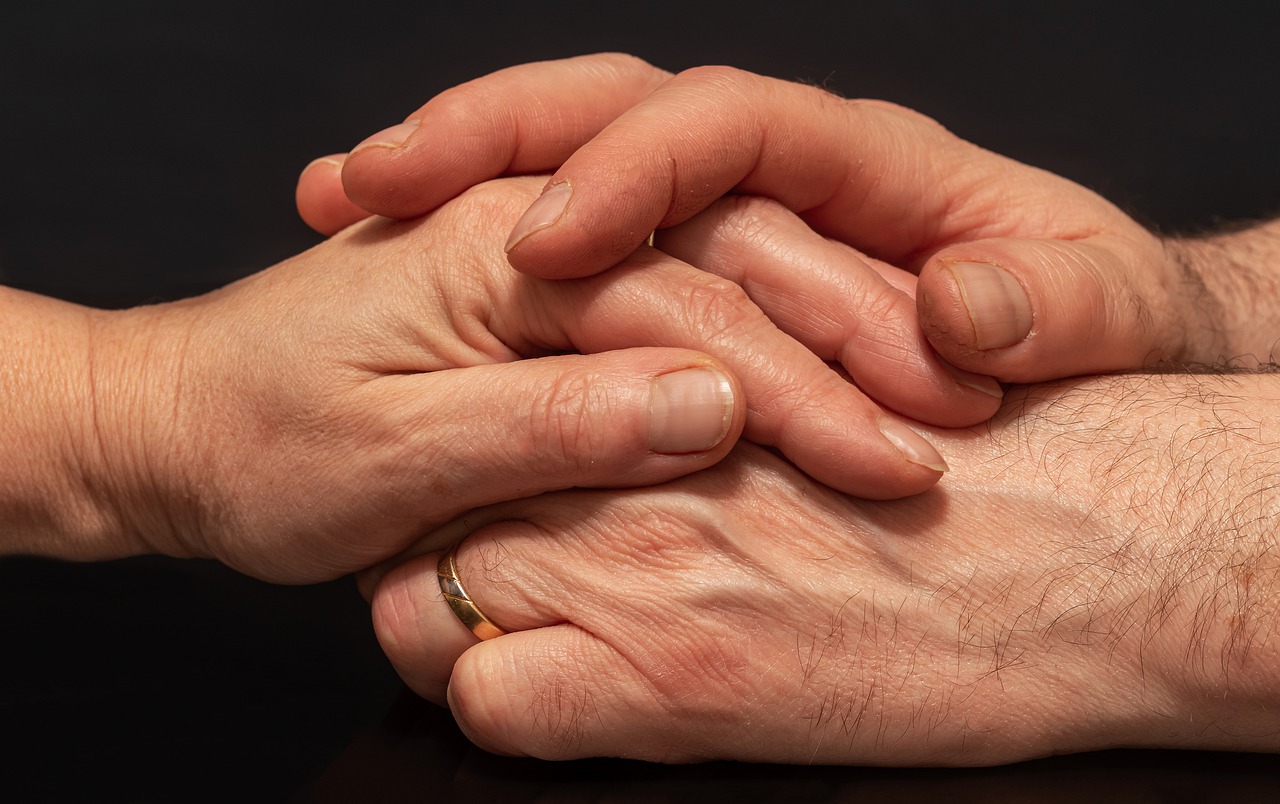Communication and Miscommunication
A Focus on Communication.
Communication and miscommunication are often difficult to master. Therefore, I would like to focus on communication with family, friends and our significant other. Relationships are hard work; however, if we know how to communicate in an effective and loving manner, the challenge diminishes significantly. Learn to communicate with others and the importance of recognizing miscommunication.
Great Communication is an art.
Great communication is an art and it takes time and effort to learn to do so effectively. It’s so easy for us to blurt out words, and so easy to misinterpret what is being said. We often just assume that we understand. This is important to recognize, especially when conflicts easily arise out of these misunderstandings. As a result, before you blow up over what someone says, make sure you understand the message that is being conveyed.
10 Ways to Improve Communication.
♥ Stay focused on the discussion at hand. What others have to say is just as important as what you have to say.
♥ Look people in the eye, nod, and show them you are listening. This lets them know that what they are saying matters to you.
♥ Encourage each other to continue, use praise, and use questions at appropriate times to show you care. Show them that you are interested in what they are saying.
♥ Admit it when you are wrong and do not demand that you are right. Yes, even if you think you are right, you could still be wrong.
♥ It is not a good idea to talk down to someone, do not use name calling or put downs. And please do not allow others to do it to you.
♥ Use touch as a communication tool. A gentle touch on the hand, shoulder, or knee shows you care and want to know what the other is expressing to you.
♥ And please, do not use terms like “you always” or “I never”. It is highly unlikely that anyone “always” or “never” does or says something. Use the word “sometimes” as this is more likely to be accurate.
♥ Do not forget to smile and use a bit humor once in a while, but be sensitive, use it appropriately. And don’t laugh at another’s’ feelings.
♥ As well as not poking fun at the others’ feelings do not use sarcastic tones, and stop screaming. This will only make the other want to walk away. I know it is tough at times, we all get frustrated, but try it anyway. When we scream others want to walk away, go to their room and slam the door. Nobody wants to listen to someone screaming at them?
Another 7 Pieces of Advice to Help Improve Communication.
♥ Remember, feelings and opinions are just that! Take it easy, stop arguing, you do not have to agree on everything.
♥ If you agree on a point, say so. Some things are not important to agree on, so move on to more important things. Stop trying to change the other person. Have you thought that, maybe “you” are the one who needs to change. We all have our own issues, so be willing to admit to that.
♥ Things that happened in the past need to be left there. If the issue was not dealt with, do so, at another time. One issue at a time please.
♥ Do not put words in another person’s mouth, or jump to conclusions, allow the other to finish their point before interjecting. Try to use rephrasing; ask the other if what you think they are saying is what you understood. Then “shut up” and allow them to continue. Be respectful, your time is coming to share your thoughts and feelings.
♥ Continue the discussion until everyone feels happy or at least satisfied that each person has had his say. Try to finish on a positive note.
♥The discussion begins to flair up again, so walk away for a while until everyone cools off. Then come back when you are all ready to do so.
♥ Hugs may be in order, and if you need to say “sorry” or to admit to being wrong, do so.
Tackle Issues as They Come Along
Featured Image by Pixabay
